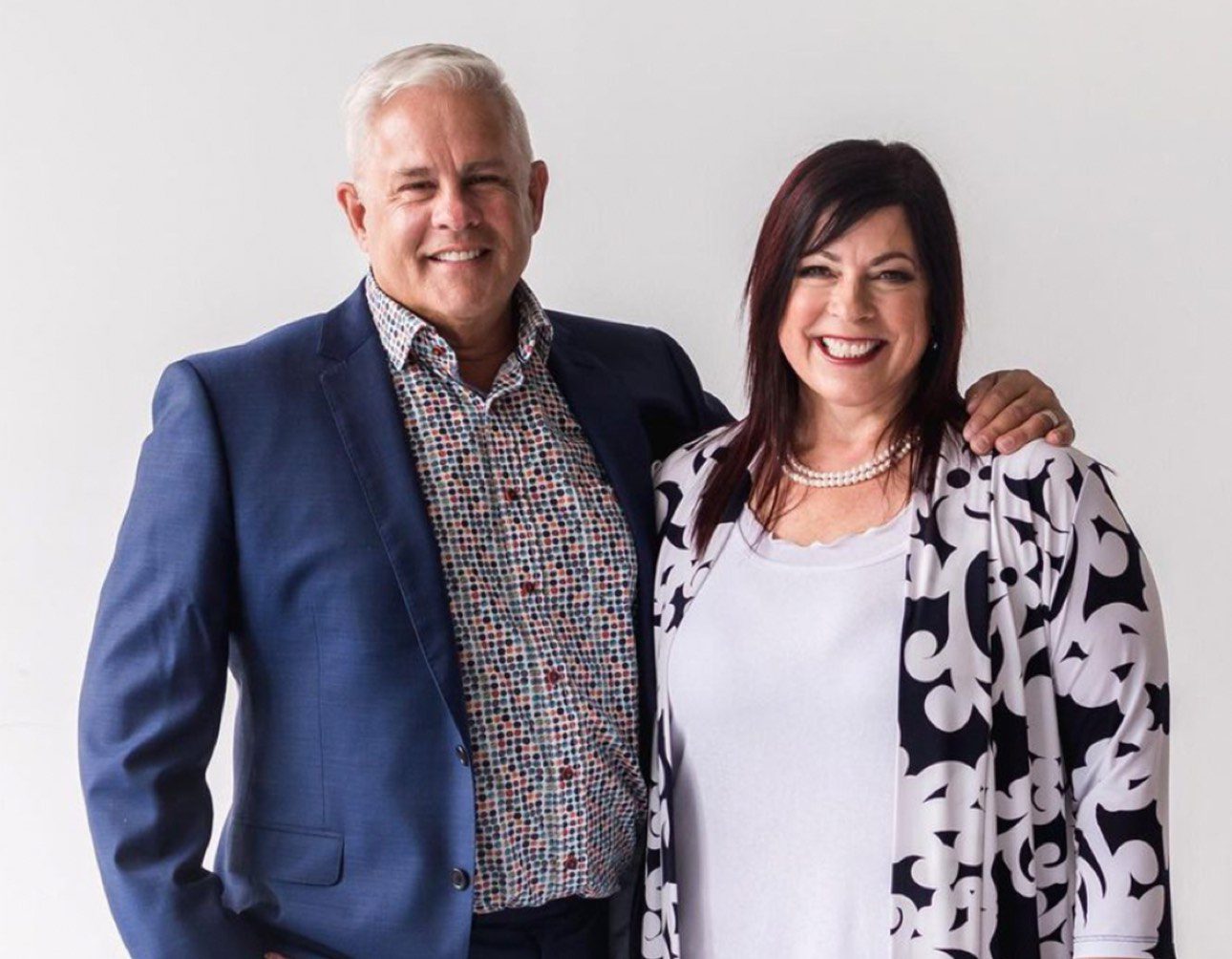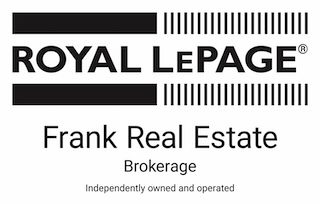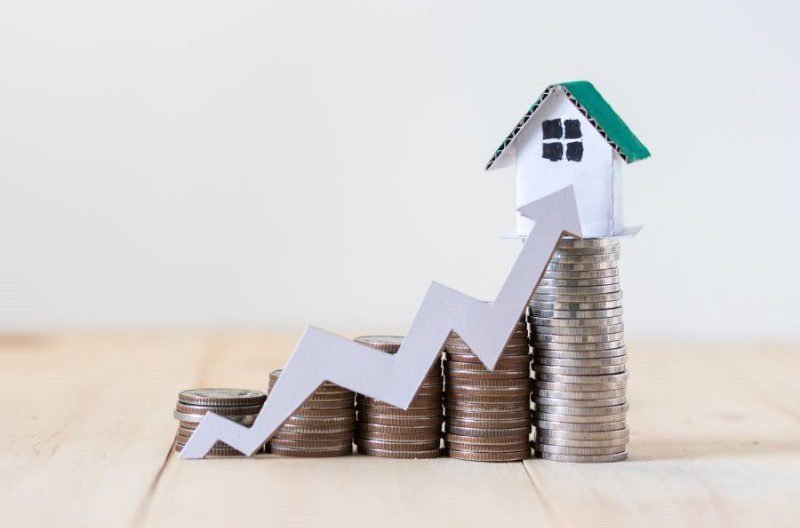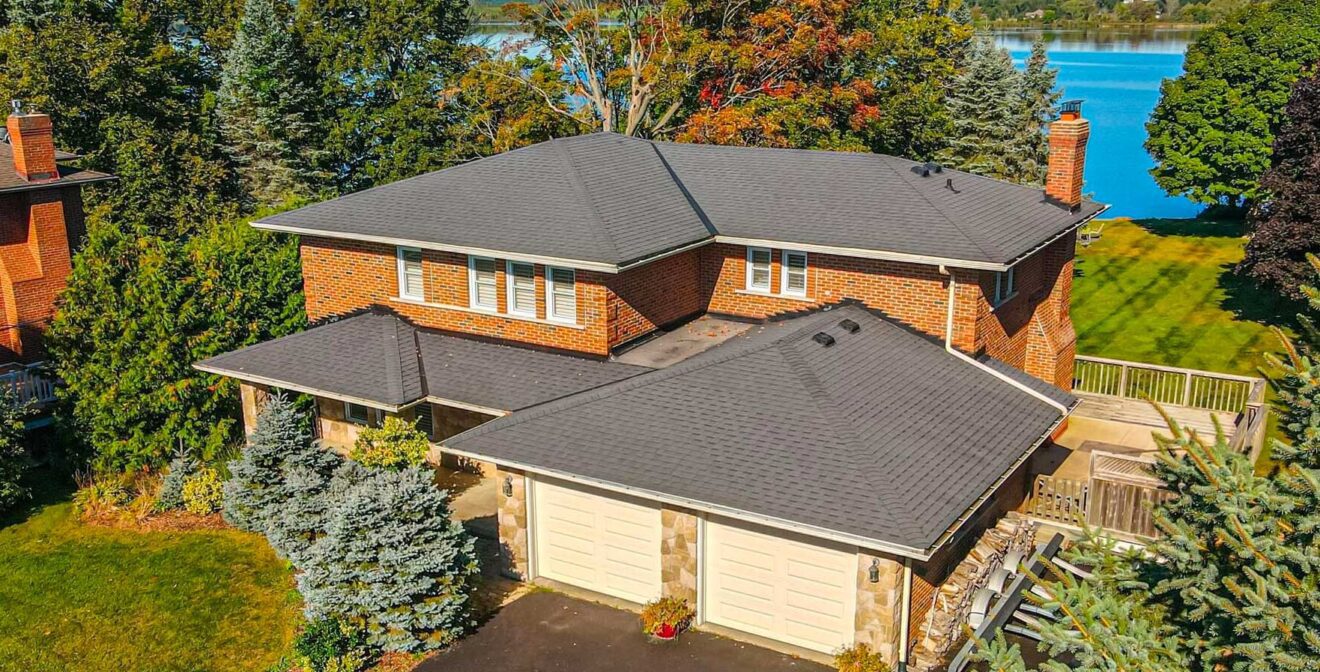Discover everything you need to know about closing costs when buying a home. Learn what they include, how much to expect, and tips for saving money.
Understanding Closing Costs and How They Affect Your Home Purchase
Buying a home is a significant step, and while it’s an exciting time, understanding the expenses involved can help you avoid surprises. One key expense that often catches buyers off guard is closing costs. So, what are closing costs, and how can you prepare for them? Let’s break it down.
What Are Closing Costs?
Closing costs include the fees and expenses you’ll need to cover to finalize your home purchase. These costs vary depending on your location, lender, and property type, but they typically range between 2% to 5% of the home’s purchase price.
Common Types of Closing Costs
Here are some typical fees you may encounter:
- Loan Origination Fees: Charged by lenders to process your mortgage, often about 1% of the total loan amount.
- Appraisal Fees: A professional appraisal confirms the property’s fair market value, usually costing $300 to $500.
- Title Insurance: This protects you and your lender from potential legal issues related to property ownership. Costs typically range from $500 to $1,500.
- Escrow Fees: Paid to a third-party escrow service that ensures all funds are properly managed during closing.
- Property Taxes: Depending on your location, you may need to prepay several months’ worth of property taxes at closing.
- Homeowners Insurance: Lenders often require you to pay the first year’s premium upfront.
- Recording Fees: These fees are charged by local governments to officially record the sale.
How Much Should You Budget for Closing Costs?
As a general rule, budgeting between 2% to 5% of your home’s price is a smart move. For example, on a $300,000 home, closing costs may range between $6,000 to $15,000.
Tips to Help Reduce Closing Costs
Here are some strategies that may help you save:
✅ Compare Lenders: Different lenders may charge different fees, so exploring your options can help you find a better deal. ✅ Negotiate with the Seller: In some cases, sellers may agree to cover part of your closing costs as part of the deal. ✅ Ask About Discounts: Some lenders offer reduced fees for veterans, first-time buyers, or existing clients. ✅ Review the Loan Estimate Form: This document outlines your expected closing costs. Carefully reviewing it may reveal fees you can challenge or reduce.
When Are Closing Costs Paid?
Closing costs are typically paid on the day of closing when ownership officially transfers to you. These fees are separate from your down payment, so be prepared to cover both.
Are Closing Costs Tax Deductible?
While most closing costs aren’t tax-deductible, certain expenses like property taxes and mortgage interest may qualify. Consulting a tax advisor can help you better understand what applies in your situation.
Final Thoughts
Closing costs are an important part of your home-buying journey, but with the right preparation, they don’t have to be stressful. By understanding what to expect and exploring ways to reduce these costs, you can feel confident and prepared for a smooth transaction.
Thinking about buying a home in Durham Region? We’d be happy to guide you through the process and help you prepare for every step along the way.
📞 Contact Us
Keith Williams, Broker: (905) 903-9250
Lisa C. Follows, Broker: (905) 442-5847
Email: team@willowsgroup.ca
Office: (888) 926-2066
💼 Willows Realty Group – Your Trusted Partner in Real Estate with the Power of AI!

Stay connected to the market.
Sign up to our digital newsletter community.








